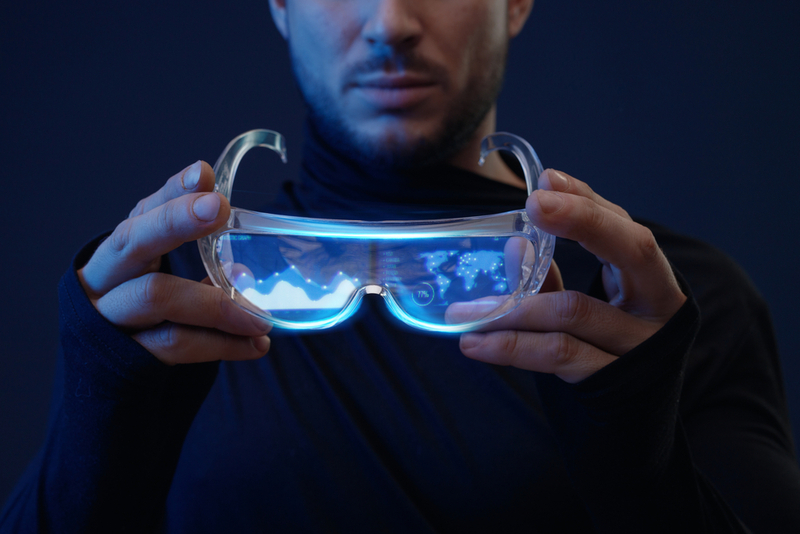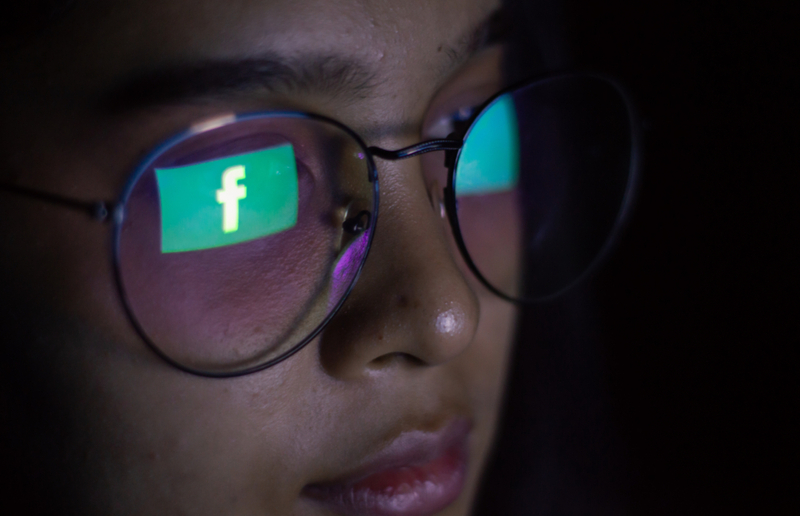
Not Augmented Reality, Yet
They don’t come with AR/VR hardware but contain foundational elements that will make augmented reality glasses possible. The idea is to help people be more present, according to a Facebook representative. Much like its social platform and what it stands (or stood) for, the glasses aim to help people stay connected. Further, the glasses will help make people’s lives easier.
They Will Look Like Glasses
A Ray-Ban branding indicates that the glasses will have regular lenses and look like ordinary glasses. It will hopefully cater to various people with different prescription lenses. Most smart glasses otherwise come with strange frames and lenses.
They’re Accessories
Facebook has suggested the glasses come as phone accessories and not stand-alone items. Since displays don’t seem like a possibility, there are high chances the glasses will connect wirelessly.
They’ll Be Audio-Based
Audio is the engaging format of choice presently, and Facebook seems to be taking advantage of this. Their smart glasses will lean heavily on audio. They’ve already taken steps in this direction by creating live audio spaces and rooms, similar to apps like Clubhouse.

What Does This Mean for Users?
The technology is seductive but may take at least a decade to realize its full potential. The company illustrates the possibilities a little in its “day in the life” example. These are glasses that know your favorite podcast and offer to play it. They can remind you to order favorite items when you pass by a coffee shop. Also, the eyewear could automatically enable noise cancellation in noisy environments.
The dilemma for users pivots back to a pressing question – how much personal information can you entrust Facebook with? For technology this intuitive, it’s clear that Facebook would require a wealth of data on you – much more than it already has, perhaps. Designed to be an everyday companion, the smart glasses will potentially learn to identify and track patterns in your life – where you go, who you meet, and everything you do.
While Facebook may get the tech right, it will have to work extra hard to convince users that the benefits are worth the risks. Getting users on board will be crucial to proving the technology is beneficial – and not another intrusive way to collect people’s data.